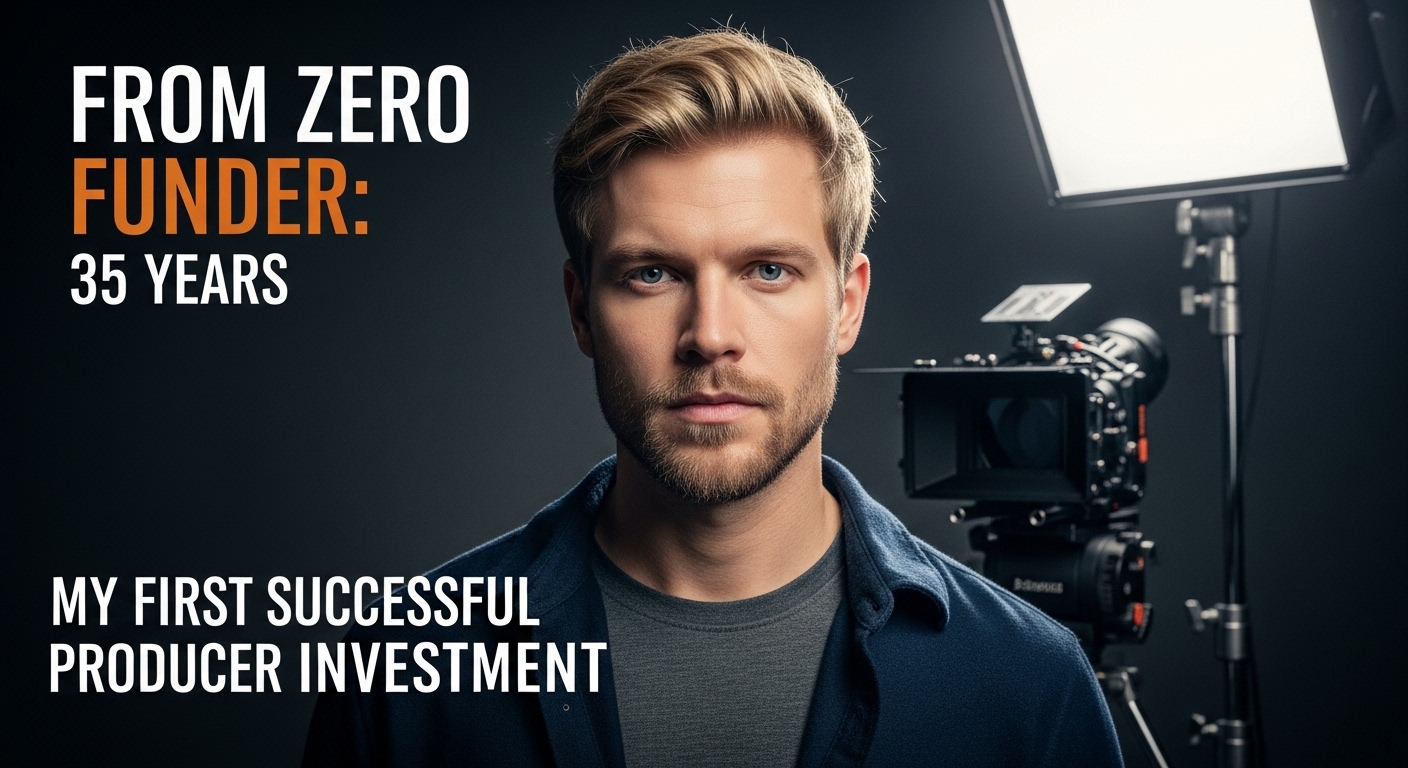Making money from a documentary requires a combination of funding strategies, distribution methods, and diversified income streams. Few filmmakers rely on a single revenue source—instead, they blend:
✔ Grants, sponsorships, and crowdfunding for initial funding.
✔ Distribution deals, streaming platforms, and self-publishing for ongoing revenue.
✔ Branded content, nonprofit collaborations, and agency work for additional income.
✔ Freelance filmmaking, teaching, and workshops to supplement earnings.
Success in documentary filmmaking isn’t about one golden ticket—it’s about building multiple financial opportunities while telling impactful stories.
Funding Your Documentary: Where to Find Financial Support.
Before you can profit from your documentary, you need to fund the production. Filmmakers often combine several of the following approaches:
1. Grants: Mission-Aligned Funding.
- Many corporations, nonprofits, and government organizations offer grants for films that align with their social impact mission (e.g., conservation, education, human rights).
- Grants can cover initial production or finishing funds.
2. Public Media Partnerships (e.g., PBS & Other Broadcasters)
- Public broadcasters like PBS, BBC, or ARTE fund documentaries that fit their programming vision.
- Filmmakers with a compelling pitch and an engaging topic can secure financial backing and distribution.
3. Digital & New Media Platforms.
- YouTube, TikTok, Nebula, and Wondrium are investing in documentary-style content.
- You can pitch ideas directly or get hired for in-house projects.
4. Corporate Sponsorship: Aligning with Brands.
- Companies sponsor documentaries that reflect their brand values.
- Example: David Alvarado secured funding from Stripe for We Are As Gods, a film on science and technology.
5. Crowdfunding (Kickstarter, Indiegogo, Seed&Spark).
- Successful campaigns rely on strong audience engagement and clear messaging.
- Some platforms, like Kickstarter, operate on an all-or-nothing funding model.
6. Fiscal Sponsorship: Accepting Tax-Deductible Donations.
- By partnering with a nonprofit organization with 501(c)(3) status, filmmakers can allow tax-deductible donations.
- This method incentivizes contributions from donors.
7. Equity Investments: Sharing Ownership.
- Filmmakers can sell stakes in their documentary to investors.
- This approach requires negotiation and legal agreements to protect creative control.
8. In-Kind Donations: Reducing Costs.
- Instead of raising money, seek donated services, such as:
✔ Camera equipment rentals.
✔ Lodging & transportation.
✔ Post-production support.
9. Self-Funding: A Risky but Common Route.
- Many filmmakers invest their own money (but must budget wisely).
- Self-funding can help finish a project to attract larger funding later.
How to Earn Money from a Completed Documentary.
Once your documentary is finished, there are several ways to monetize it and generate revenue:
1. Distribution & Streaming Revenue.
- Sell your film to Netflix, Amazon Prime, Hulu, or Apple TV.
- Distribute independently via Vimeo On Demand or YouTube rentals.
- Licensing deals with TV networks and international distributors.
2. DIY Distribution (Direct-to-Consumer Sales)
- Sell directly via your website, email lists, and social media channels.
- Offer downloads, DVD sales, or private screenings.
3. Branded Content & Corporate Agency Work.
- Companies now prefer documentary-style marketing videos over traditional ads.
- Work with agencies or directly with brands to create sponsored content.
4. Nonprofits & Cause-Focused Collaborations.
- Many NGOs and nonprofits hire filmmakers to produce impact-driven films.
- While some projects are lower-paying, they provide steady work.
5. Traditional Media (TV, News, & Print Partnerships)
- Pitch content to newspapers, magazines, public television stations, and blogs.
- Networking helps secure commissioned work from media organizations.
6. Monetizing Filmmaking Skills (Freelance Work)
- Offer editing, research, cinematography, or directing services on other projects.
- Freelance editing is highlighted as a consistent and well-paying job.
7. Teaching & Hosting Workshops.
- Experienced filmmakers can earn by:
✔ Teaching documentary production at universities.
✔ Offering online courses or in-person workshops.
Building a Sustainable Documentary Filmmaking Career.
To make a consistent living, filmmakers must:
✅ 1. Commit & Persevere.
- Documentary filmmaking takes time—persistence is key.
✅ 2. Master Fundraising & Grant Writing.
- Diversify funding sources, from grants to crowdfunding and sponsorships.
✅ 3. Pay Yourself.
- Set aside a portion of funding for your own salary—don’t work for free.
✅ 4. Learn Production & Post-Production Skills.
- Editing, cinematography, and sound design can provide paid freelance work.
✅ 5. Be Flexible with Project Types.
- Work on NGO projects, branded content, and teaching gigs to maintain cash flow.
✅ 6. Find a Stable Side Job.
- A flexible, well-paying job can support personal documentary projects.
✅ 7. Manage Finances Wisely.
- Budget carefully and plan for slow periods in your career.
Final Thoughts: Can You Make a Living from Documentaries?
Yes, but it requires multiple income streams, smart financial planning, and persistence.
The most successful documentary filmmakers:
✔ Combine multiple revenue streams (distribution, brand partnerships, freelancing).
✔ Balance passion projects with commercial work.
✔ Continuously fundraise and market their work.
By diversifying income sources, building industry connections, and adapting to new funding opportunities, you can turn your passion for documentaries into a sustainable career.

I am a highly experienced film and media person who has a great deal to offer to like-minded individuals. Currently working on several exciting projects, I am a film and media practitioner for over a decade. I have achieved a great deal of success in my professional career.





